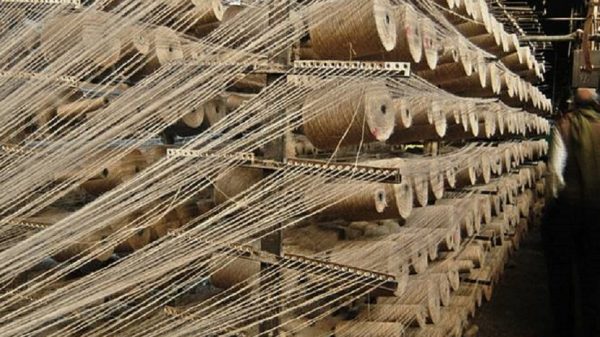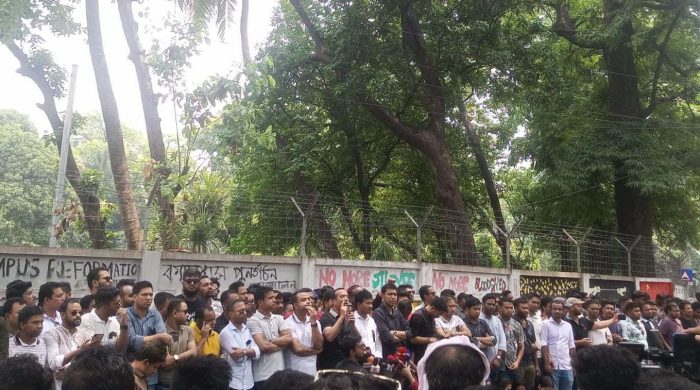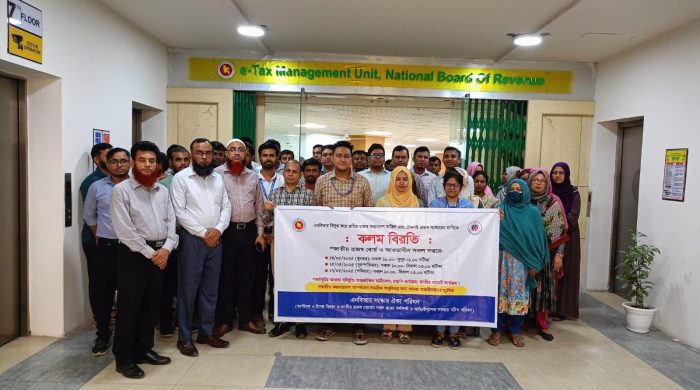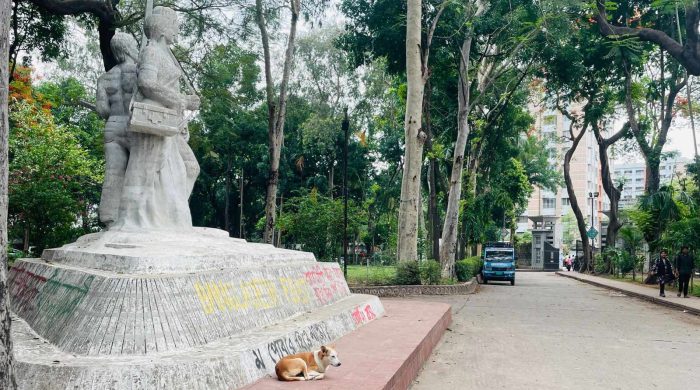Govt to lease out 5 jute mills to pvt sector in Jan

- Update Time : Tuesday, December 21, 2021
- 133 Time View

The process has been finalized to lease out five state-run jute mills to the private sector to revive the jute industry and create new jobs.
The move is expected to create more than 5,000 jobs.
Four local and a foreign company are taking the charge of the five jute mills from the first week of next year.
Bay Footwear got the lease of Bangladesh Jute Mills Ltd, Mimu Jute Mills Ltd got the lease of Crescent Jute Mills Ltd, Unitex Composite got KFD Jute Mills Ltd, Sad Musa Group got Hafiz Jute Mills Ltd and UK’s Jute Republic got Jatio Jute Mills Ltd in lease.
Imran Ahmed, deputy secretary of the Ministry of Textile and Jute, told the Daily Sun that they have completed the process to lease out five closed jute mills and the signing of the deals will be completed on January 6 next year.
He said the reopening of the five jute mills by private sector would create jobs for more than 5,000 people.
Some 26 government jute mills under Bangladesh Jute Mills Corporation (BJMC) were closed in July last year due to continuous loss.
Record shows that the mills have incurred a loss of some Tk 29.33 billion in five years from 2014-2015 to 2018-2019.
The jute mills are: Hafiz Jute Mills Ltd at Sitakunda in Chattogram, KFD Jute Mills Ltd at Rangunia in Chattogram, Bangladesh Jute Mills Ltd. at Ghorashal in Narsingdi, Jatio Jute Mills Ltd. at Raipur in Sirajganj and Crescent Jute Mills Ltd. at Khalishpur in Khulna.
As per the decision, the government will lease out the jute mills for 20 years and there will be options to extend the deal further.
The BJMC floated Invitation for Expression of Interest (EOI) last April to lease out some 17 state-owned jute mills to the private sector to revive the jute industry.
“The move will revive the jute mills mired in debt and losses,” Imran Ahmed added, adding that all the 26 jute mills are now closed while 17 of them will be leased.
“The tender process for the rest 12 mills will be started after signing the deal on January 6. Reopening of the total 17 jute mills will create jobs for more than 25,000 workers,” he said, adding that leasing the mills to the private sector would increase the production of jute goods and diversified jute products.
“These companies will not be able to produce any other product in the factory except jute goods. In addition, they will be able to use only factory land, machinery and land adjacent to the factory premises but cannot use other open space inside the jute mill, according to the terms of the lease.
They will not be allowed to take loans by mortgaging the property of the jute mills. If an organization wants to cancel the lease, it must notify BJMC at least six months in advance.
“The five jute mills will be handed over to the company once the security money is paid. Then they will be able to go for production. But they will have to make a deal within January next year, said sources of the ministry.













